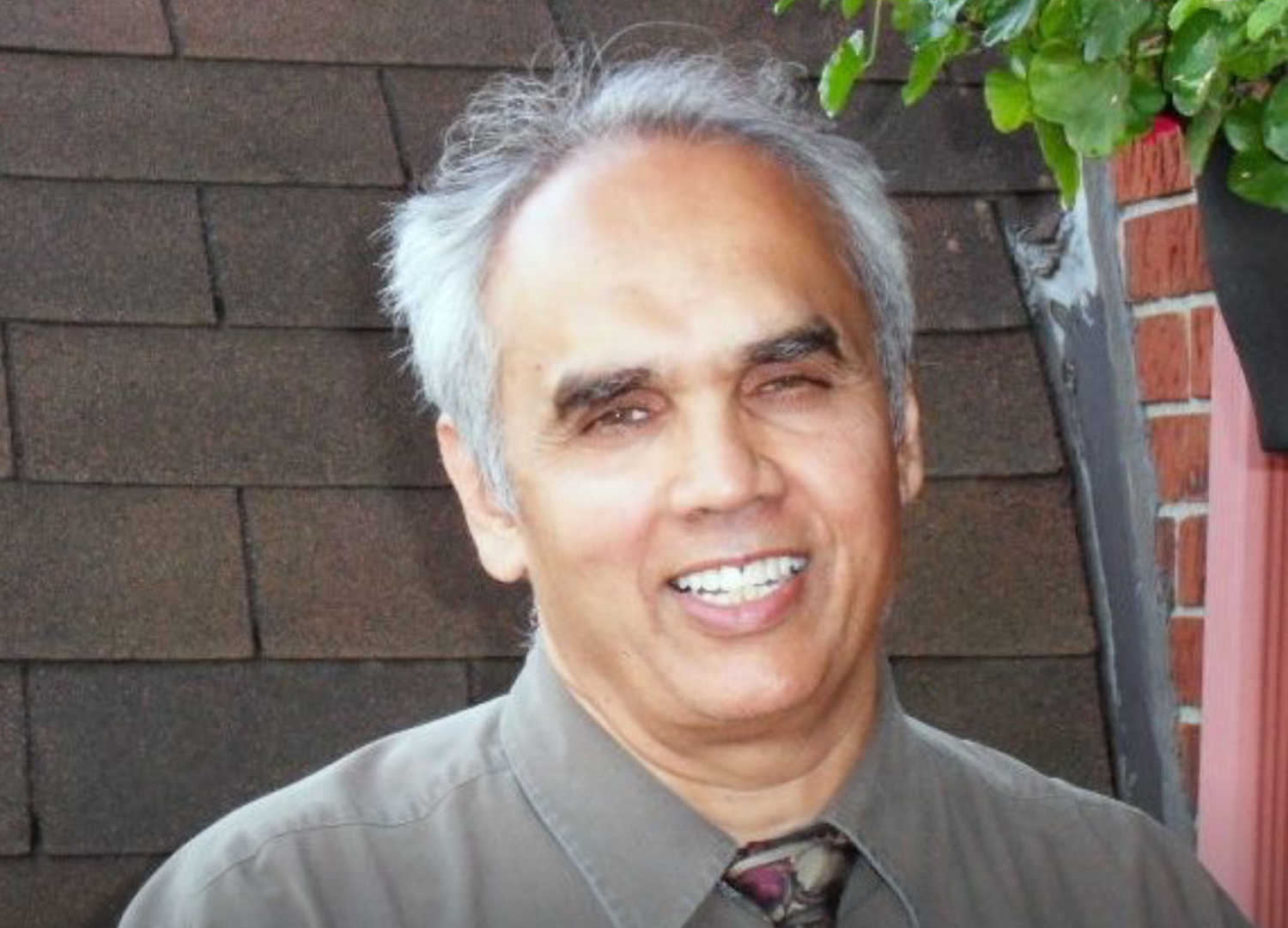The festival director and head of programming of the South Asian Film Festival of Montreal opened up about organising the event amid the pandemic and being part of the Coalition of South Asian Film Festivals.
There is a kind of extended family of film festival organisers in North America, says Dushyant Yajnik
New Delhi - 03 Dec 2020 22:23 IST


Sukhpreet Kahlon
The organisers of the South Asian Film Festival (SAFF Montréal) recently wrapped up its online edition of the event, which was held from 19 to 29 November. A presentation of the Kabir Center for Arts & Culture whose mission is to promote South Asian arts, the tenth edition of the festival screened films that delved into the lives of South Asians in Canada, USA, UK, France, Portugal, India, Pakistan, Nepal, Bangladesh and South Africa.
Speaking about the evolution of the festival over the years, Dushyant Yajnik, festival director and head of programming of the festival, said, “The South Asian Film Festival of Montreal is a presentation of the Kabir Center for Arts & Culture which started around 2002 when progressive South Asians from India, Pakistan, Bangladesh got together to create a cultural organisation to present music, poetry and other cultural activities from different countries of the subcontinent and from artists who have settled here.
The idea [of SAFF Montréal] is to present films from the Indian subcontinent as well as films from the diaspora, the South Asian community all over the world from Canada, USA, Europe, even Africa and the Caribbean and we have slowly grown over the last ten years in the number of films shown and are getting more funding with other organisations getting involved. It’s also to expose the host community here in Quebec province of Canada to these films. This is a majority French province so our films are now subtitled in both English and French to be available to the wider audience.”
Although the festival has steadily increased the number of films offered and has witnessed a greater audience participation over the years, the COVID-19 pandemic forced festival organizers across the world to adopt an online model. The South Asian film festival community in North America decided to unitedly host a first-of-its-kind virtual festival, the Coalition of South Asian Film Festivals (CoSAFF). SAFF Montréal was a part of this coalition. “Each festival contributed films. Through that we developed networks across festivals. There is a kind of extended family of film festival organisers in North America and we certainly helped each other and it added to Montreal’s strength,” said Yajnik about the coming together of various festivals.
Sharing the thought process behind the decision to take the festival online, he said, “Usually we start organising the festival around February and by mid-March it became clear that Montreal would be in a lockdown and that we should consider the possibility of not doing a brick-and-mortar festival in central Montreal and that just became more of a reality by the time May, June rolled around and we decided to do it online and we were involved in two festivals then, CoSAFF and our own festival. We delayed our festival by about a month to do CoSAFF. This year we selected 34 films out of many submissions. We’ve achieved a balance of films from different countries. This year we have a film from Trinidad, Tassa, a second film from South Africa this year, No one to Blame, which was our suggestion to CoSAFF and it won the award for the Best Documentary there.”
However, there were certain concerns and the festival needed to make certain adjustments to put the filmmakers at ease, “We looked at platforms that would provide the most security and address piracy concerns. Different filmmakers had different restrictions- some wanted films geo-blocked in a particular area…others said we want only a single show whereas others said that it can be on video on demand and we combined it. So, there was Eeb Allay Ooo that was available for one show, Aamis similarly was there for one show…we made those adjustments to address the filmmakers’ concerns. These are legitimate concerns and filmmakers are themselves trying to decide whether to wait till next year to screen the films or make it available on other OTT platforms,” said Yajnik.
Going online has also opened up various possibilities for the festival and enabled a wider audience participation. SAFF Montréal hosts a branch festival held in a remote area of Quebec in the university town of Chicoutimi and in the past the main Montreal festival was followed by the smaller festival there but this year, they were able to combine it online and reach the audience for both festivals, which has been a great way of building communication.
While the festival committee is yet to decide on the model that it will adopt going forward, the online model has certainly opened up new possibilities. Commenting on this Yajnik said, “We might arrive at a hybrid festival where we might have a film series online over the year and a brick-and-mortar festival if its allowed by the health authorities but now that the virtual has opened up, you can combine the Q&A sessions. So the possibilities are open but not fully known at present and we’ll certainly look at it all.”
Although the festival wrapped up on 29 November, a few films were available to watch till 3 December.
